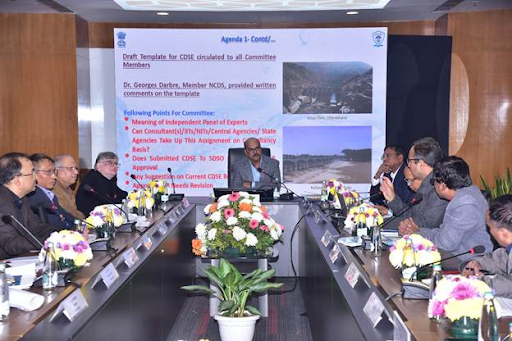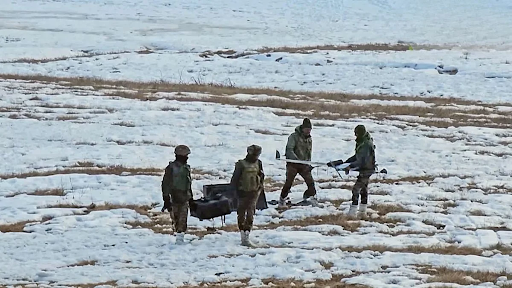



The Raikas are a pastoralist caste from northwestern India, specifically in Rajasthan's dry and semi-arid regions. Although they produce goats, cattle, sheep, and water buffalo, camels are central to Raika's cultural identity. The Raika and their camels communicate using a language known as akal-dhakaal.

Copyright infringement not intended
The Raika's knowledge of pasture cycles, animal health, and biodiversity has long contributed to the health of Rajasthan's dry ecosystem.
|
Community Name |
Raika (also known as Rabaris) |
|
Region |
Arid and semi-arid areas of Rajasthan, notably around Kumbhalgarh in Rajsamand district |
|
Primary Livelihood |
Pastoralism – camel herding |
|
Cultural Connection |
Camel herding is deeply woven into rituals, oral traditions, and seasonal migrations |
|
Camel Breed Raised |
Marwari camel – known for strength, endurance, and desert adaptability |
|
Significance of Camels |
More than a livelihood, central to cultural identity and traditional practices |
|
Traditional Knowledge Areas |
Pasture cycles, animal health, and biodiversity management |
|
Ecological Contribution |
Sustains fragile desert ecology through migratory grazing and knowledge of desert flora |
|
Medicinal Grazing |
Camels feed on desert shrubs with medicinal properties, improving their health and contributing to ecosystem balance |
Source: Down to Earth
|
Practice Question Q. ‘Raikas’, the pastoral community, lived in which of the Indian states? A. Andhra Pradesh B. Jharkhand C. Chhattisgarh D. Rajasthan |





© 2026 iasgyan. All right reserved